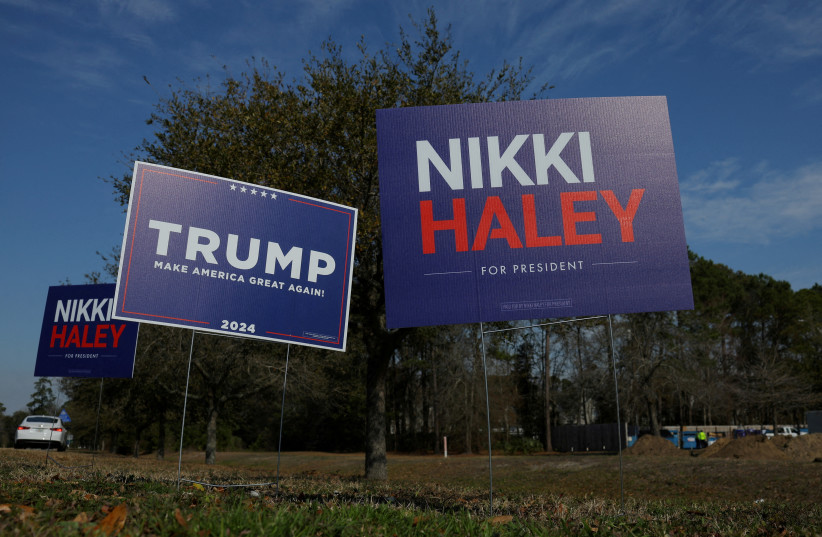As the ability to distinguish fake news from real information has grown, so has people’s desire to avoid reading the news altogether, according to a new study published on Tuesday.
The peer-reviewed research, published in the academic journal Journalism Studies, found that people were intentionally avoiding the news amid concerns over what is true and what isn’t.
The study’s findings were based on data collected from nearly 1200 adult participants over three waves. The first two waves were collected leading up to the 2020 presidential election, and the final wave was collected shortly after.
Feeling misinformed
Those with political leanings to the Democratic Party were more likely to rely on nonpartisan news when feeling misinformed, the study found. However, those more politically conservative were less likely to engage with news at all when concerns over misinformation arose.
"The more confusing or difficult to navigate that you find the news environment, the more you actively avoid news—but it's not just news," said lead author Ariel Hasell, U-M assistant professor of communication and media and faculty affiliate of the Center for Political Studies at the Institute for Social Research. "News avoidance also includes people avoiding discussing politics with others as well. So it's not just not consuming news, you're stepping out of the conversation completely."

"For a lot of people, public discussion about misinformation, the crowdedness of digital media environments and social media, and the amount of information that comes out from so many different sources, drives them away from news," Hasell said. "There's this paradox that the more information that is available, the more people just opt out because it becomes too hard for them to make sense of it."
Researchers also identified that those who were white, conservative and using more conservative media were more likely to feel misinformed online.
"For a lot of people, public discussion about misinformation, the crowdedness of digital media environments and social media, and the amount of information that comes out from so many different sources, drives them away from news," Hasell said. "There's this paradox that the more information that is available, the more people just opt out because it becomes too hard for them to make sense of it."
Hasell hypothesized the United States' low trust environment is contributing to the effect.
"That is, when we don't trust institutions, we don't have those mental shortcuts to determine whether nonpartisan news outlets are sharing information viewers can trust," she said. "Ten years ago, 20 years ago, 30 years ago, we had a higher trust environment. Even among Democrats, the trust in mainstream news is declining. If you looked at another Western democracy that had more institutional trust in the news media, I'm not sure you would get this same effect."